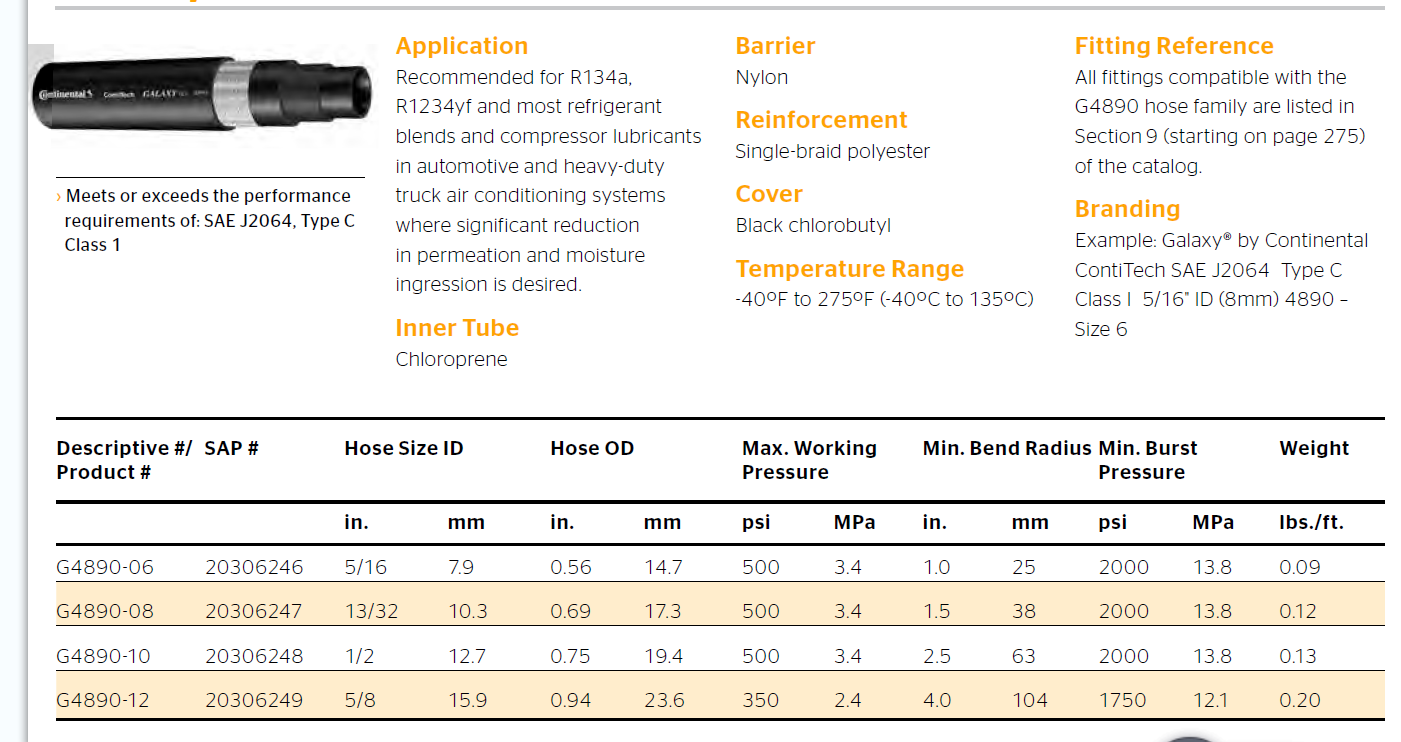Exploring the Importance of Engine Oil Cooler Pipes in Vehicle Performance and Efficiency
Αυγ . 13, 2024 10:00 Back to list
Exploring the Importance of Engine Oil Cooler Pipes in Vehicle Performance and Efficiency
The Importance of Engine Oil Cooler Pipes
Engine oil cooler pipes play a crucial role in the efficient functioning of a vehicle's engine. These pipes facilitate the flow of engine oil to and from the oil cooler, which helps regulate the oil temperature. Proper oil temperature management is essential for maintaining optimal engine performance, prolonging engine life, and enhancing fuel efficiency. In this article, we will explore the significance, functionality, and maintenance of engine oil cooler pipes.
Understanding Engine Oil Cooling
Engine oil serves multiple purposes; it lubricates moving parts, cleans debris, and helps dissipate heat. However, as the engine operates, the oil can become excessively hot, particularly in high-performance or heavy-load scenarios. If the oil temperature rises too high, it can lead to reduced lubrication properties, increased wear and tear on engine components, and even engine failure. This is where the oil cooler and its connecting pipes come into play.
The Role of Engine Oil Cooler Pipes
Engine oil cooler pipes serve as conduits that transport hot engine oil to the cooler, where it is cooled before returning to the engine. Typically made from materials that can withstand high temperatures and pressures, these pipes are engineered to endure the harsh conditions found within the engine compartment. The cooler itself is often similar in design to a radiator and uses air or coolant to dissipate heat from the oil.
A well-functioning oil cooler and its pipes help maintain the engine oil within an optimal temperature range—usually between 180°F to 220°F. If the oil temperature stays within these limits, it ensures that the oil can effectively lubricate the engine components and minimize the risk of damage due to overheating.
Common Issues with Engine Oil Cooler Pipes
Like any other car component, oil cooler pipes can experience wear and tear over time. Some common issues include
1. Leaking Pipes Over time, the pipes can develop leaks due to corrosion, vibration, or physical damage. A leak can reduce oil pressure and lead to insufficient lubrication, ultimately causing engine damage.
2. Blockages Deposits and debris can accumulate inside the pipes, restricting oil flow. This can lead to overheating and inadequate lubrication, which can severely damage engine components.
engine oil cooler pipe

3. Environmental Wear Exposure to heat, oil, and road debris can take a toll on the integrity of the pipes. Regular inspections can help catch issues before they escalate.
4. Connector Failures The connections between the pipes and the oil cooler or engine can fail due to vibration or corrosion. Tightening or replacing these connections is often necessary for maintaining system integrity.
Maintenance Tips
To ensure the longevity and efficiency of your engine oil cooler pipes, regular maintenance is key. Here are some tips to keep in mind
- Regular Inspections Have your engine's oil cooler and associated pipes inspected during routine maintenance checks. Look for leaks, cracks, or signs of corrosion that may indicate a problem.
- Change Engine Oil Frequently Regularly changing the engine oil can help minimize the buildup of contaminants that can clog the cooler pipes.
- Monitor Engine Temperature Keep an eye on the engine temperature gauge. If you observe fluctuations or overheating, it could indicate an issue with the oil cooler system.
- Use Quality Fluids Using high-quality engine oil and following manufacturer guidelines for fluid changes can help prevent sludge buildup and extend the life of your oil cooler pipes.
Conclusion
Engine oil cooler pipes are pivotal in protecting your engine from the potentially damaging effects of overheating. By ensuring that these pipes are in good condition and functioning properly, you can help maintain engine performance and longevity. Regular maintenance and attentive monitoring can save you costly repairs and keep your vehicle running smoothly for years to come.
